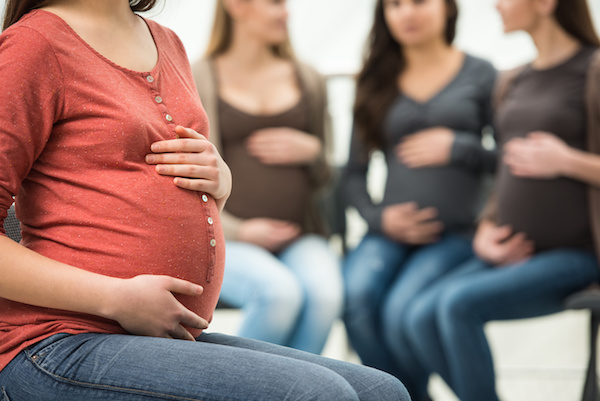THURSDAY, Sept. 8 (HealthDay News) — Parents, particularly mothers, who experience a stillbirth or the death of a child in infancy have an increased risk of death for many years afterward, a new study suggests.
Researchers from the United Kingdom looked at census and death registry data on parents who had a stillborn child between 1971 and 2006 or whose child died before reaching their first birthday, and compared their rates of death to parents of children who survived past their first year.
The study authors found that mothers and fathers in Scotland who’d lost an infant were more than twice as likely as other parents to die or become widowed in the first 15 years after the child’s death.
In England and Wales, the research team only had access to mortality statistics for mothers. They found mothers were more than four times more likely to die during the 15 years after their child’s death than parents who hadn’t experienced a similar loss.
The risk of death among mothers remained elevated for up to 35 years after the child’s death, according to the study published online Sept. 8 in the journal BMJ Supportive & Palliative Care.
The study authors, Mairi Harper of the University of York and colleagues, speculate that the raw grief associated with the death of a child may dampen the immune system, increasing the chances of disease and raising the risk of death.
But other experts cautioned that the researchers did not examine the cause of death in the parents, so there is no way of knowing if grief contributed to the death.
The mothers of children who die before birth or shortly afterward may already have conditions that led to ill health in both the baby and the mother, noted Kenneth Doka, a professor of gerontology at the College of New Rochelle Graduate School and senior consultant to the Hospice Foundation of America.
“Anything compromising the health of the mother could be also compromising the health of the baby,” Doka said.
Previous studies in parents who’ve experienced the death of an older child have not found a strong link between that loss and a heightened risk of death, Doka added.
And despite the findings, parents who’ve lost an infant or experience a stillbirth should not read the findings to mean that they are destined to die earlier than they might otherwise, said Louis LaGrand, director of Loss Education Associates, in Venice, Fla. He holds workshops on dealing with grief.
In 1970, LaGrand and his wife found their 4-month-old daughter dead in her crib. They were devastated, he said. But eventually, the family recovered.
“My wife and I are still together. She is in very good health,” LaGrand said.
And yet, there’s no question that a stillbirth or loss of a child in infancy can be extremely painful and stressful; that in their grief, people may be less likely to take care of themselves by getting enough sleep, eating right and exercising; or that some people may turn to alcohol to cope, experts said.
Though it may seem impossible, parents can, and do, move on from the death of a baby, LaGrand said. He and his wife have four sons. Every year on what would be their daughter’s birthday, he and his wife take a moment to remember their little girl.
“The key, I believe, is being sure that you build a wide spectrum of connections with people, places, things, ideas, information, beauty, love and spirituality — those things are the heart, mind and soul of living,” he said.
Grieving is the process of accepting what happened and what can’t be changed, he said. Reaching out to other parents who’ve lost a child can help ease the sorrow.
“You will always have a relationship with the child you lost. You will always remember your loved one,” LaGrand added. “But you can have that relationship and reinvest in life at the same time, to learn to love in separation.”
More information
The U.S. National Library of Medicine has more on grieving.

